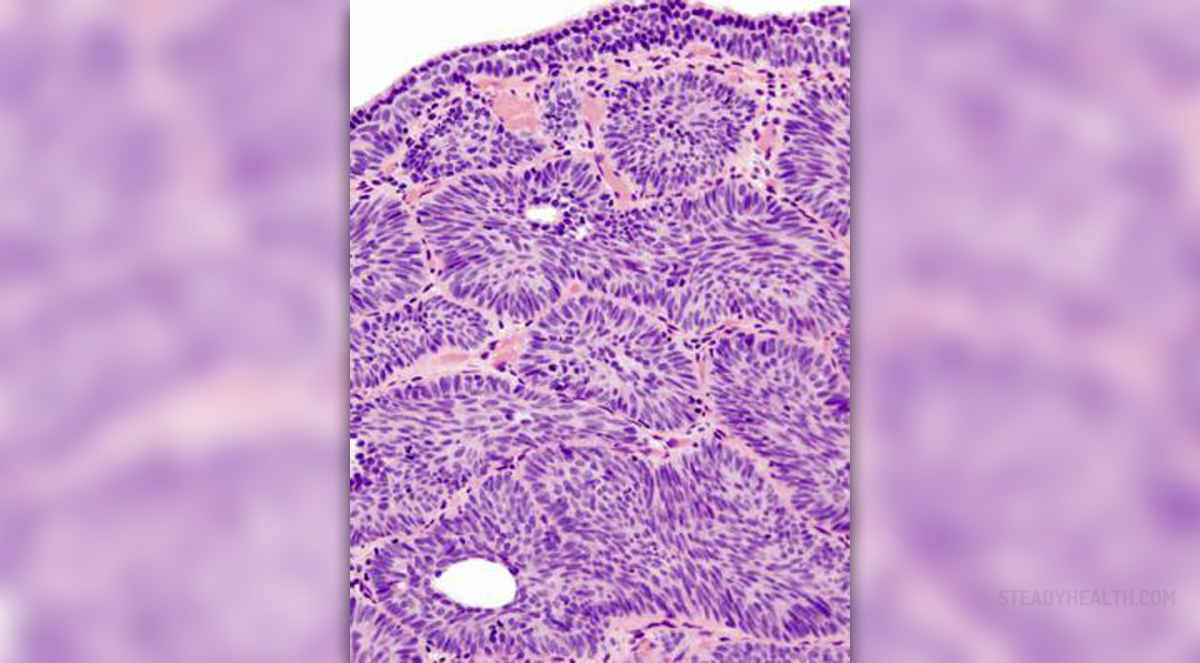
The human urinary system consists of urethra, kidneys, bladder and ureter. After the body uses everything it could, from the food and drinks we eat, waste products are transported to the blood and via the urinary system, excreted trough urine out of the body. The urinary system is found to be the most important when it comes to the balance of water and food, but also various chemicals in the body. Only a healthy urinary system can perform all these actions. If the urinary system gets affected by diseases or infections it is not as efficient as it is in healthy individuals.
Bladder infection is a very common disease, especially among the female population. Every fifth woman experienced bladder infections at some point of her life. Scientists tend to believe that women are more prone to bladder infections because of the size of their urethra. Woman’s urethra is smaller than man's and because of that it’s more easily infected by bacteria. The most common way of transmission for women is by sexual contact, when bacteria easily gets into the bladder through urethra.
These infections may cause problems either in a part of, or the complete urinary system. They can also be short-termed (acute) or long-term condition (also known as chronic bladder infection). There are several names given to the bladder infections, according to the part of the urinary system it was affected. Pyelonephritis is infection of the kidney, urethritis is the name for infection of the urethra and cystitis is an infection of urinary bladder.
What Causes Chronic Bladder Infections
Different bacteria may be the cause behind chronic bladder infections. One of the most common causes is Escherichia coli, but Mycoplasma, Chlamydia or some fungi may also provoke the same medical problem.
Diseases can also cause chronic bladder infections. People suffering from bladder stones or kidney stones, diabetes mellitus or some STDs (sexually transmitted diseases) can also be suffering from chronic bladder infection because of their condition. Enlarged prostate and kidney stones can be causes of this medical problem in men, and hormone imbalance is blamed for chronic bladder infections in menopausal women.
Symptoms and Treatment
Urinary urgency and burning sensation (when urinating) are some of the usual symptoms for people suffering from bladder infection. Sometimes, there might be some blood in urine, fever or pain in the pubic area, and children can vomit, experience high temperature or be very easily irritated.
Your doctor may prescribe you antibiotics, such as cephalosporins, amoxicillin or nitrofurantoin. Also, you might be advised to drink plenty of water and use food rich in vitamin C, because these simple remedies are proven to be very helpful when dealing with bladder infections.
It’s recommended to avoid coffee and tea and high acid drinks, while on the treatment for chronic bladder infection.

















Your thoughts on this
Loading...